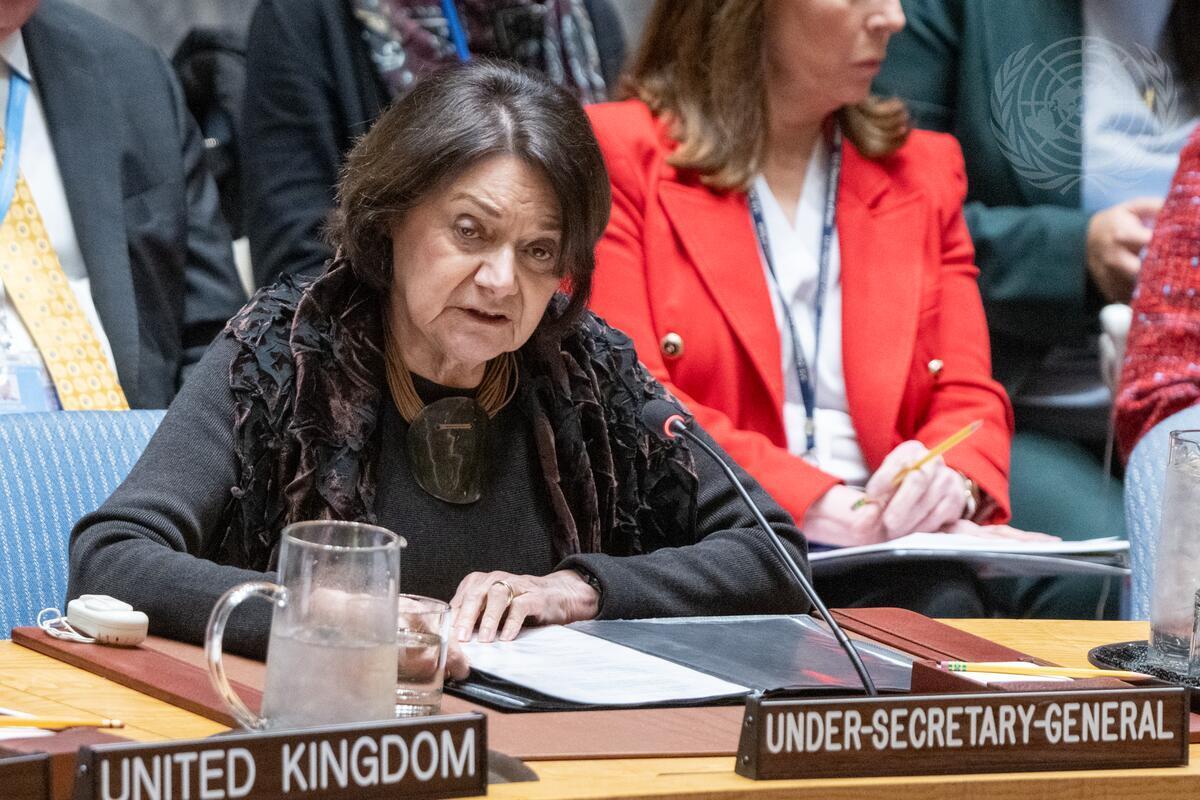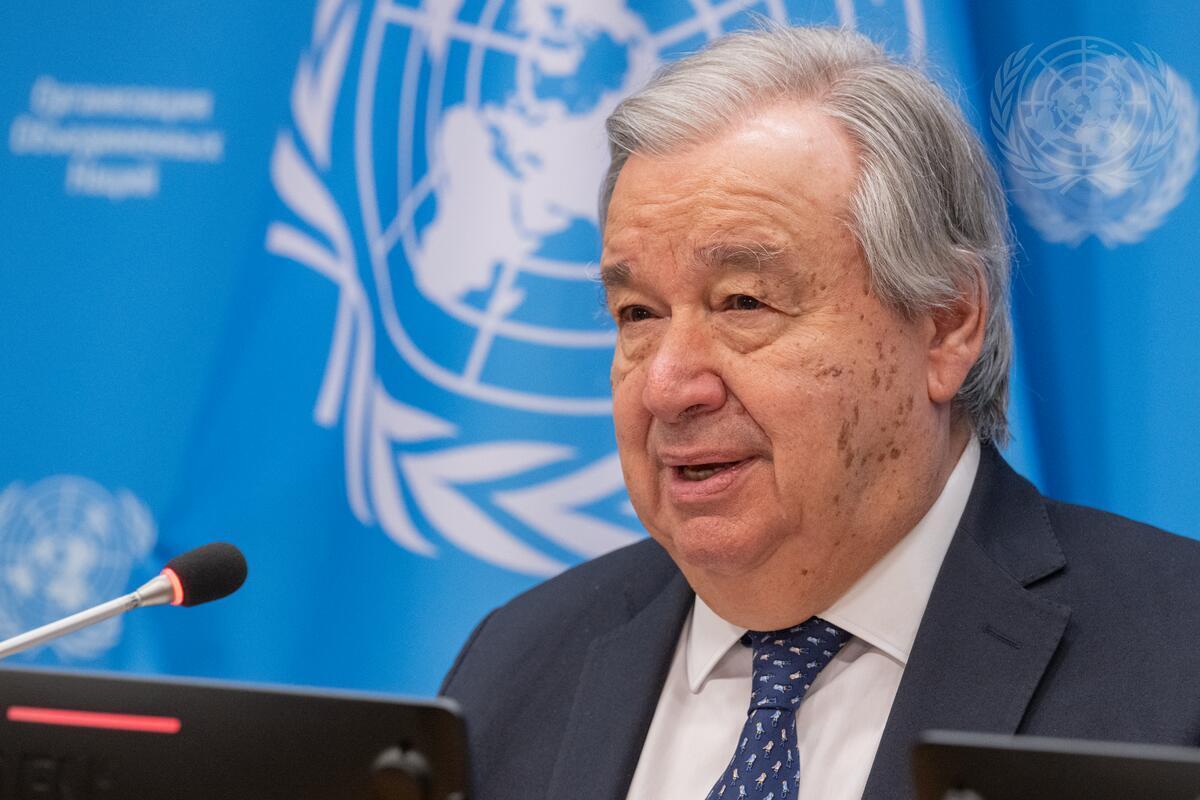Excellencies and distinguished delegates, Prime Minister Shtayyeh, Director General Ushpiz,
I wish to thank the Norwegian Foreign Minister, Anniken Huitfeldt and her team, for organizing this meeting.
At the last meeting of the AHLC, many expressed their view that economic steps alone are not a substitute for a legitimate political process that will resolve the core issues driving the Israeli-Palestinian conflict. Rather, economic steps must be anchored within a political framework.
As such, the Chair’s Summary from the last meeting called on partners to “work with the Parties to prepare a political package of incremental, durable, and meaningful steps with commitments for their implementation.”
In our report to this session, we have put forward such a package. Each element of the package is designed to connect immediate, achievable steps to the broader goal of creating a political horizon.
Allow me to elaborate briefly on the four key recommendations in our report:
First, the drivers of the conflict must be addressed. This requires the parties to significantly reduce tensions and violence across the Occupied Palestinian Territory (OPT), including settler-related violence. The militant activity in the Gaza Strip and the West Bank must stop. Unilateral steps that undermine peace should also stop—in particular, settlement advancements, including outposts, demolitions, and displacement. I urge all relevant parties to deal with the contentious issues related to Jerusalem and ensure full respect for the status quo.
Second, efforts to strengthen Palestinian institutions and address the challenge of the Palestinian governance are required. This requires strengthening the fiscal health of the Palestinian Authority (PA) in line with World Bank and IMF recommendations. It also requires strengthening the PA’s political legitimacy and accountability through democratic reforms and opening of the civic space, and holding free and fair elections across the OPT, as well as restoring the effectiveness and credibility of Palestinian security forces.
Third, improving access, movement, and trade would create space for the Palestinian economy to grow. Steps should be taken to increase access for Palestinians to land and resources in Area C in the West Bank. This should include further reducing restrictions and barriers, and other structural impediments to trade, while further increasing permits for Palestinian development. Development of economic activity in Area C for Palestinians is essential if the fiscal reforms we recommend are to be made meaningful and create a difference.
In Gaza, the increase in the number of worker permits to the highest level since 2007 is positive. At the same time, a more comprehensive approach to easing restrictions on the movement of people and goods should be developed. Re-linking the economies of the West Bank and Gaza Strip should be a related objective, with efforts needed by all parties.
Fourth, the parties should engage each other to re-envision their economic and administrative relationship. Progress in this area could attract much-needed investments and promote growth in both economies. Given the expansion of permits for Palestinian workers in Israel, accelerating reforms to the permit regime should be a priority. Resolving longstanding fiscal files, is a high priority. Enhancing cooperation between the parties’ Ministries of Finance and monetary authorities will be of high significance
Excellencies and distinguished delegates,
This ambitious reform agenda must be met with robust support from international partners.
Creating a political horizon toward a two-State reality is urgently needed. Prime Minister Lapid’s stated commitment to two-States today in the General Assembly was an important reaffirmation. While we know this reality cannot happen overnight, the immediate steps we urge the parties and donors to take now should be deliberately linked to this political goal. Our package of recommendations – addressing security issues, Palestinian governance, access and movement, Palestinian access in Area C, and the institutional relationship between Israel and the PA – are all linked to important unresolved final status issues. Progress in these areas – given the right political meaning – can restore a political horizon and provide much-needed time get back to meaningful negotiations.






